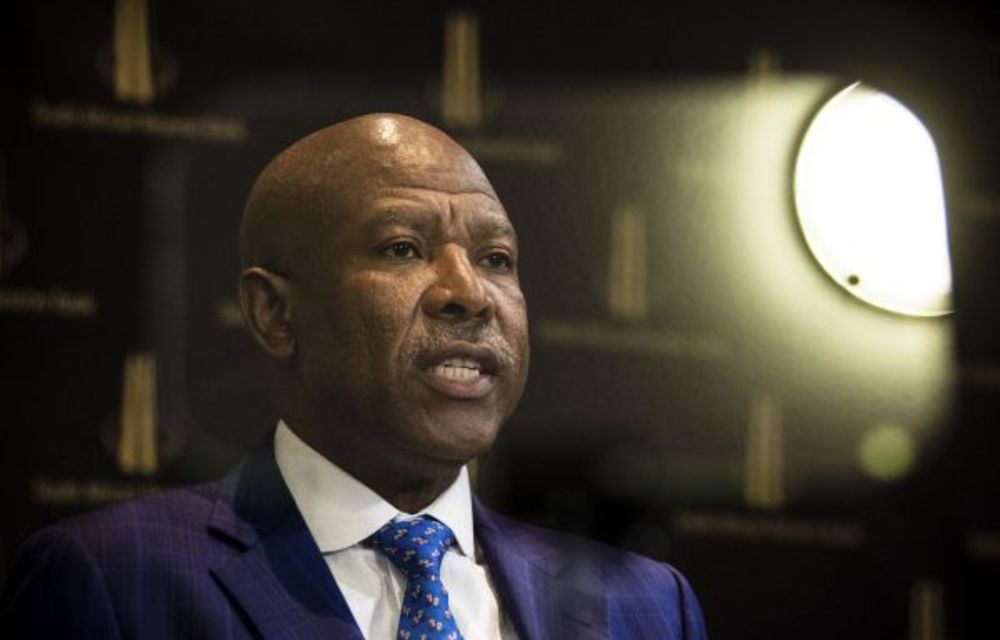The South African Reserve Bank’s monetary policy committee (MPC) has implemented another aggressive 75 basis point repo rate hike, as high inflation and hawkish central bankers overseas put pressure on the rand.
The decision was split, with two of the five committee members preferring a higher 100 basis point hike — signalling the Reserve Bank’s own hard line against elevated inflation. The repo rate, which affects the cost of borrowing, is now at 6.25% a year, closer to its pre-pandemic level.
On Thursday afternoon, Reserve Bank governor Lesetja Kganyago noted that the committee’s assessment was that failure to act timeously would result in a situation in which they would have to make bigger adjustments down the line. This, he said, would have consequences for the economy.
The MPC assessed risks to the inflation outlook to the upside. “While global producer price and food inflation has eased, Russia’s war in the Ukraine continues, with adverse effects on global prices,” Kganyago said, adding that oil prices had soared since the start of the war to around $130 a barrel.
Consumer inflation has moderated since reaching its expected 7.8% peak in July. According to the latest Statistics South Africa print, inflation eased to 7.6% in August, helped by lower fuel prices, marking the first decline since January.
Inflation now averages 6.6% for the calendar year-to-date, which is still well above the top end of the Reserve Bank’s 3% to 6% target range.
The bank forecasts that inflation will average 6.5% this year, falling to 5.3% in 2023, as a result of lower food and fuel prices. Inflation will only start coming closer to the midpoint of the bank’s target range in 2024, when it is expected to hit 4.6%.
Higher-than-expected inflation, the MPC statement pointed out, has pushed major central banks to accelerate the normalisation of policy rates, tightening global financial conditions.
The MPC’s decision comes after monetary policymakers in the United States lifted the federal funds rate by 75 basis points on Wednesday, with the Federal Open Market Committee taking a hawkish stance on inflation.
Efforts to rein in inflation in major economies has caused the rand to depreciate in recent months, the MPC noted. The local currency has weakened significantly compared to earlier on in Russia’s war. On 30 March, the rand traded at about R14.88 to the dollar. Today it is trading at R17.57.
The implied starting point for the rand forecast, the MPC said, is R16.91 to the dollar, compared with R16.10 at the time of the previous meeting.
A higher borrowing rate threatens to cool economic growth, as consumers tighten their belts. But the Reserve Bank has only revised this year’s growth down slightly, from 2% to 1.9%.
Growth in the first quarter of this year surprised to the upside, at 1.7%, the MPC noted. In the second quarter, the devastating KwaZulu-Natal floods and severe load-shedding caused the economy to contract by 0.7%.
The MPC expects the economy to grow by 0.4% and 0.3% in the third and fourth quarters, respectively.




